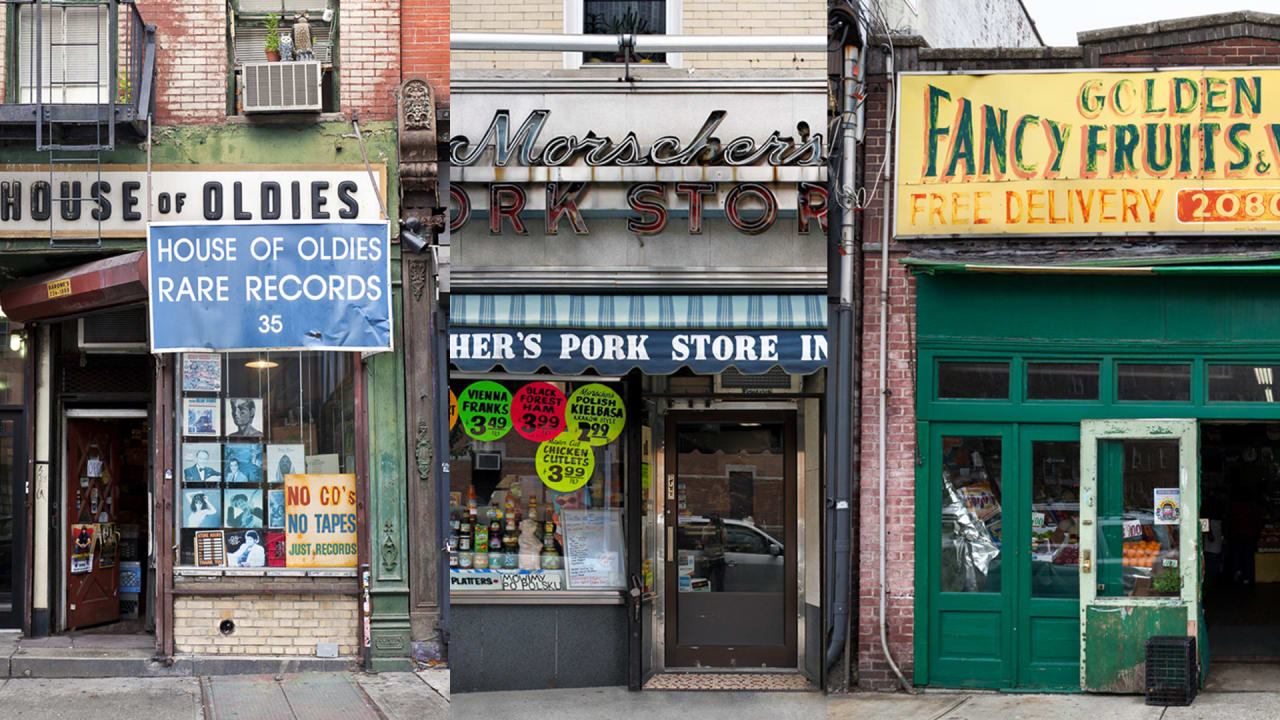By Allie Boldt & Adam Lioz*
The Supreme Court’s flawed approach to money in politics paved the way for Trump-style politics—and must change to rescue our democracy.
In case after case over the last 40 years, the Supreme Court has struck down laws designed to protect our democracy from the influence of big money. The Court manufactured a right for the wealthy and the business sector to spend billions of dollars on elections, and then protected that “right” at times even more vigorously than it protects our precious right to vote. This approach has warped our democracy and allowed the wealthy donor class—disproportionately white and male—to drown out the rest of our voices. In 2016, for example, 77 percent of the money spent in competitive congressional elections and nearly half of total spending was directly traceable to past Supreme Court rulings.
The Court’s approach enabled Trump’s rise to power in at least 2 ways. As Demos President Heather McGhee explains in the foreword to the Election Law Journal’s 2016 symposium Beyond Corruption: New Approaches for Regulating Money in Politics, the case law rests on the mistaken premise that the only problem with big money in American politics is one of “rich donors buying politicians”— or essentially, bribery. The conservative majority on the Court refuses to recognize a much larger problem: the wealthy having more say in a democracy that’s supposed to embrace the principle of “one person, one vote.”
A similar line of thinking drove Trump’s presidential campaign: “[a]s a supposedly self-funding billionaire,” McGhee wrote, “he claimed he could not be bribed or bought.” That Trump could present himself as a walking solution to money in politics without being laughed out of the conversation was thanks in part to the way the problem of money in politics has been framed—a framing that has often been laser-focused on bribery, and not on the other ways that the wealthy turn their economic clout into political power.
In addition, it was largely the prospect that Trump could fund his own campaign that led the press to cover him vociferously (if not take him completely seriously) when he entered the race long after many of his primary opponents had built million-dollar war chests. This critical leverage was another gift from the Supreme Court, which struck down limits on self-funding in 1976.
The result is a (perhaps) billionaire in the White House and the wealthiest Cabinet in history—as well as a broader system in which community leaders without wealthy networks are often discouraged from running for office in the first place, while Congress advances a donor-driven tax plan designed to redistribute even more wealth to an elite, white donor class. Representative Chris Collins of New York told a reporter a few weeks ago, “My donors are basically saying, ‘Get it done or don’t ever call me again.’” Senator Lindsey Graham said that if Congress failed to pass a tax cut package, “the financial contributions will stop.”
For several years, Demos and our partners have been working to fulfill our Constitution’s democratic promise by forging a new legal order that is open to money-in-politics reforms, and marshalling the factual and legal arguments that could help the Court move in this direction. At Demos, we believe that to truly reverse course, a new approach should explicitly grapple with the value of political equality, and how American democracy is still undermined by our long history of race-based exclusion.
President Trump’s control over judicial appointments has blocked progress in the federal courts in the short term. Trump’s nomination of Neil Gorsuch quickly put the lie to his campaign promises to “drain the swamp.” As Demos’ Heather McGhee testified at Gorsuch’s confirmation hearing before the Senate Judiciary Committee:
In a world where Judge Gorsuch joins a majority bloc of pro-big money justices, the vicious cycle churns ever faster. Large corporations and wealthy individuals enjoy virtually unlimited ability to translate their economic might into political power. Our legislatures and other elected offices become even more skewed by race and class; policy becomes even more tilted towards the preferences of a donor class that is disproportionately male and largely excludes people of color; and working families and people of color across the nation continue to fall behind economically and be alienated politically.
In addition to his Supreme Court pick, Trump’s nominations to lower federal courts are also hostile to protections against big money in politics, including Judge Amul Thapar to the Sixth Circuit, and more recently, James Ho to the Fifth Circuit, who has openly favored abolishing all restrictions on campaign spending, while blaming the problem of money in politics on the few remaining rules in place. To gild the lily, Trump has nominated former FEC commissioner and ardent reform opponent Matthew Petersen to a District Court seat.
Where do we go from here?
Transforming the Court’s approach will likely require shifts in personnel, and Trump has shown that positive change won’t happen on his watch. It’s impossible to know how long it will be before a viable window of opportunity opens—although it’s worth noting that if both Justices Ginsburg and Kennedy remain on the Court through 2020, it could come soon. In the meantime, lawyers and researchers can continue to develop the evidence and arguments that can provide a roadmap to future justices who are willing to follow the facts and grapple with tough questions about the relationship between capitalism and democracy.
For instance, political scientists can collect empirical evidence exposing the faulty assumptions underlying the current jurisprudence. Examples include evidence showing that unlimited so-called “independent expenditures” are actually often made by entities with close ties to candidates; examinging the prevelance of Super PACs that support a single candidate, which allow donors to evade contribution limits; and evidence demonstrating that public financing of elections—such as Seattle’s innovative “Democracy Dollars” system—serve public interests that run deeper than fighting crude bribery. Legal scholars can continue to develop arguments fleshing out “government interests” beyond fighting quid pro quo corruption and its appearance, a topic the Brennan Center summarized well in a 2015 paper and several scholars and practitioners tackled in the Election Law Journal symposium referenced above.
The general public has a role, too. Americans wanting to help shape a better path forward should ask their U.S. senators to oppose judicial nominees who would further entrench a legal order that protects donors more than voters. At the local level, communities can support small-donor-empowerment initiatives, which help elect leaders who are responsive to the people rather than the donor class—including the District of Columbia’s Fair Elections Act, which has a viable path into law thanks to a community-driven campaign (similar legislation is pending in Congress).
By transforming the Supreme Court’s approach and organizing on the ground, we can build a democracy in which the strength of our voices no longer depends upon the size of our wallets. This can get us a government that is truly of, by, and for the people—rather than by the billionaires for the donor class.
*Allie Boldt is a Washington DC-based Counsel for Demos, and Adam Lioz is Counsel and Senior Advisor, Policy & Outreach for Demos.






